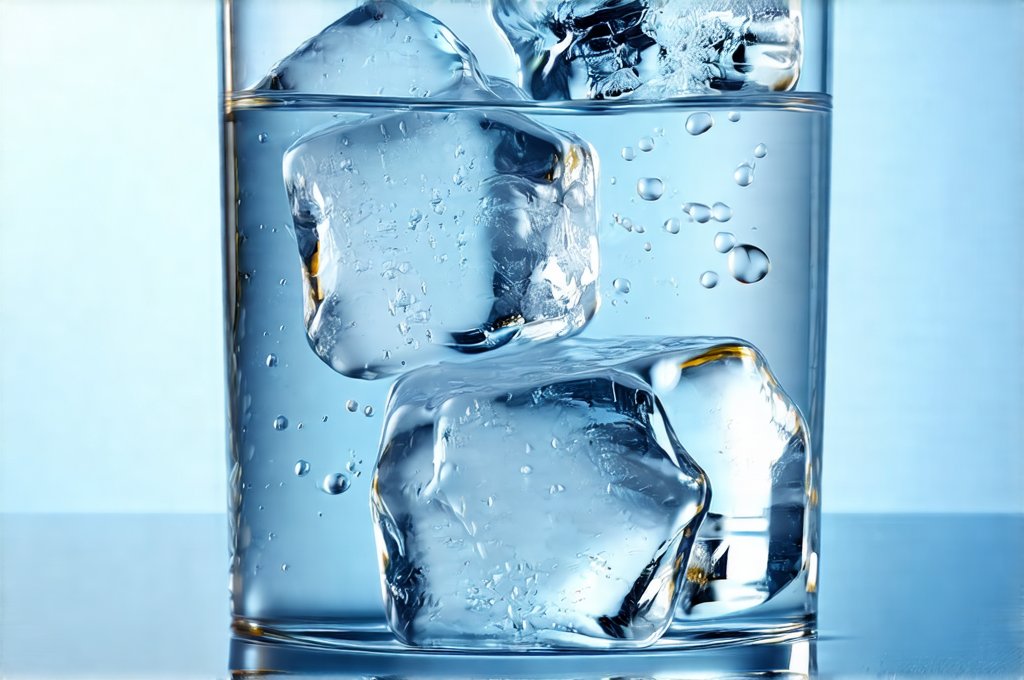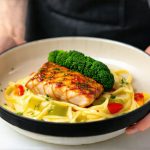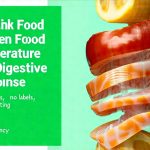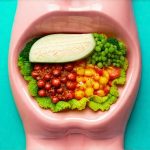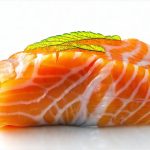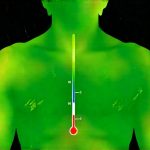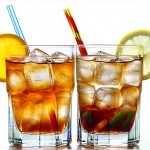Many people experience heartburn or acid reflux at some point in their lives – that unpleasant burning sensation in the chest, sometimes accompanied by a sour taste in the mouth. Often, seemingly innocuous habits are suspected culprits, and one frequently cited example is drinking ice-cold water. It’s a common observation: you enjoy a refreshing glass of very cold water, and shortly after, you feel a familiar pang of discomfort. This leads to the question – is there a genuine connection between temperature and reflux symptoms? Understanding this relationship requires delving into the complex workings of our digestive system and how various factors can contribute to acid reflux. It’s not always straightforward, as individual sensitivities and underlying conditions play significant roles.
The sensation of heartburn isn’t simply about stomach acid being too acidic; it’s often a matter of where that acid is located. Our bodies are naturally designed to contain strong acids within the stomach for proper digestion. The problem arises when this acidic content travels upwards into the esophagus, irritating its sensitive lining. Several physiological mechanisms protect against this backflow – namely, the lower esophageal sphincter (LES), a muscular valve at the bottom of the esophagus, and the natural clearing action of saliva. Factors that compromise these protective mechanisms are often at the heart of reflux episodes, and it’s here where temperature might potentially play a role, though not always in the way many assume.
The Role of Temperature & Esophageal Sphincter Function
The theory behind why ice-cold water might trigger reflux centers around rapid changes in stomach temperature and their potential impact on the lower esophageal sphincter (LES). It’s proposed that introducing extremely cold liquid can cause a temporary spasm or relaxation of the LES. This relaxation, even if brief, could allow stomach acid to creep upwards into the esophagus, leading to those familiar heartburn symptoms. However, research findings have been mixed and don’t paint a simple picture. Some studies suggest a minimal impact on the LES from temperature alone, while others indicate that very cold liquids can indeed transiently lower LES pressure in some individuals.
It’s crucial to understand this isn’t necessarily about the water being ‘cold’; it’s about the sudden thermal shock to the stomach lining. The stomach naturally maintains a certain temperature for optimal digestion, and a drastic shift could disrupt its normal functioning. This disruption might not always result in LES relaxation but can affect gastric motility – the rate at which food moves through the digestive system. Slower motility means food stays in the stomach longer, potentially increasing pressure and thus the risk of reflux. The effect is likely more pronounced in people who are already prone to acid reflux due to other factors like hiatal hernias or obesity.
Furthermore, it’s important to distinguish between temperature and volume. Drinking a large quantity of any liquid – hot or cold – can increase stomach pressure and contribute to reflux. Therefore, the discomfort experienced after drinking ice-cold water may not be solely attributable to the temperature but also to the amount consumed. It’s a complex interplay between several physiological factors that determine whether or not someone experiences reflux symptoms.
Individual Sensitivities & Underlying Conditions
Acid reflux is highly individualistic. What triggers one person’s heartburn might have no effect on another. This variability stems from differences in anatomy, physiology, and lifestyle factors. For instance:
- Hiatal Hernia: Individuals with a hiatal hernia – where part of the stomach protrudes through the diaphragm – are more susceptible to reflux as the LES is less supported.
- Gastric Emptying Rate: People who experience delayed gastric emptying (food staying in the stomach longer) are at higher risk, regardless of water temperature.
- LES Tone: The inherent strength and function of an individual’s LES vary significantly. Some people naturally have a weaker LES than others.
Beyond these anatomical factors, underlying conditions like gastroesophageal reflux disease (GERD) significantly influence susceptibility to reflux symptoms. GERD is a chronic condition characterized by frequent and persistent acid reflux, often requiring medical intervention. In cases of GERD, even mild triggers – including ice-cold water – can exacerbate symptoms. It’s also crucial to remember that anxiety and stress can worsen reflux symptoms, creating a vicious cycle where the fear of experiencing heartburn leads to increased anxiety, which then exacerbates the reflux. If you suspect certain foods are consistently triggering your discomfort, it could be helpful to explore trigger foods.
The Impact on Gastric Motility & Digestion
As mentioned earlier, introducing extremely cold liquids into the stomach can potentially affect gastric motility – how quickly food moves through the digestive tract. A sudden drop in temperature may cause a temporary slowdown in this process. This slower movement isn’t necessarily harmful in itself but can contribute to reflux if it increases pressure within the stomach for an extended period. The stomach relies on coordinated muscle contractions to push food along; dramatic changes in temperature or volume can disrupt these contractions and slow things down.
Moreover, cold temperatures can also affect enzyme activity within the digestive system. While the impact is generally minimal, extreme cold might temporarily reduce the efficiency of enzymes responsible for breaking down food. This could lead to incomplete digestion and potentially increased gas production, contributing to bloating and discomfort that may mimic or exacerbate reflux symptoms. It’s important to note this effect is more theoretical in nature and likely only significant in individuals with pre-existing digestive issues or sensitivities. In some cases, you might even find yourself addicted to certain foods that worsen your symptoms.
Beyond Water: Other Dietary & Lifestyle Triggers
It’s easy to focus on ice-cold water as a potential trigger, but it’s crucial to remember that many other dietary and lifestyle factors are far more significant contributors to acid reflux. These include:
- Fatty Foods: High-fat foods take longer to digest, increasing stomach pressure and the risk of reflux.
- Spicy Foods: Capsaicin in spicy foods can irritate the esophagus and relax the LES.
- Caffeine & Alcohol: Both caffeine and alcohol can weaken the LES.
- Carbonated Beverages: The bubbles from carbonated drinks increase stomach pressure.
- Smoking: Smoking weakens the LES and impairs esophageal clearing mechanisms.
- Large Meals: Overeating puts excessive strain on the digestive system.
Lifestyle factors also play a crucial role:
- Maintaining a healthy weight can reduce abdominal pressure.
- Elevating the head of your bed during sleep can help prevent nighttime reflux.
- Avoiding eating close to bedtime allows for better digestion before lying down. Frequent snacking could also contribute to these issues.
Ultimately, determining whether or not ice-cold water triggers reflux is highly personal. Paying attention to your body and identifying individual triggers is key. If you consistently experience heartburn after drinking cold water, consider switching to room temperature or slightly chilled beverages. However, if reflux symptoms are frequent or severe, it’s essential to consult a healthcare professional to rule out underlying conditions like GERD and discuss appropriate management strategies. The way our bodies react to food and drink is complex; emotions can even play a role in how we experience digestive discomfort. If you’re trying to improve your digestion, consider if drinking less water might help. Remember this information isn’t intended as medical advice; always seek guidance from qualified health professionals for any health concerns.

